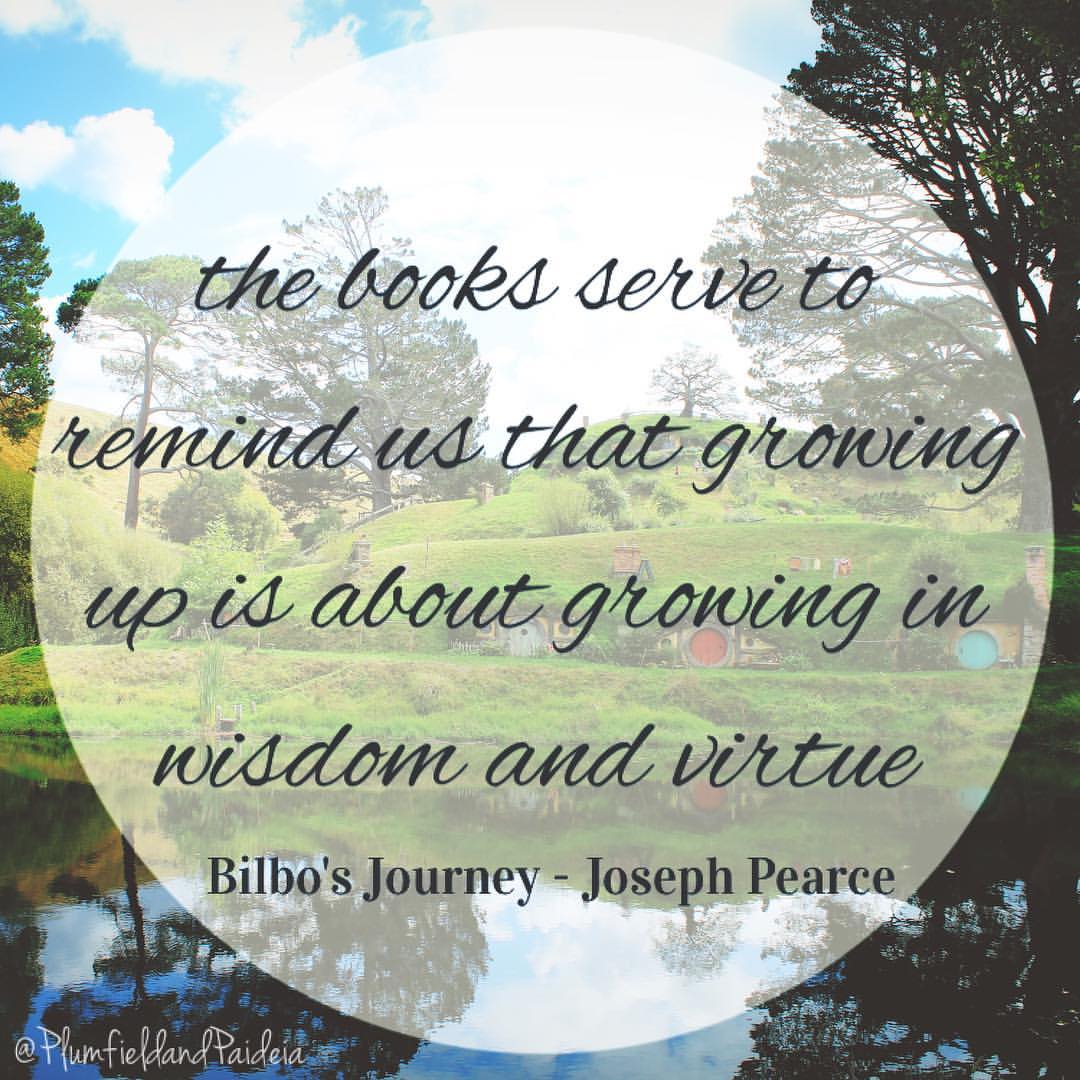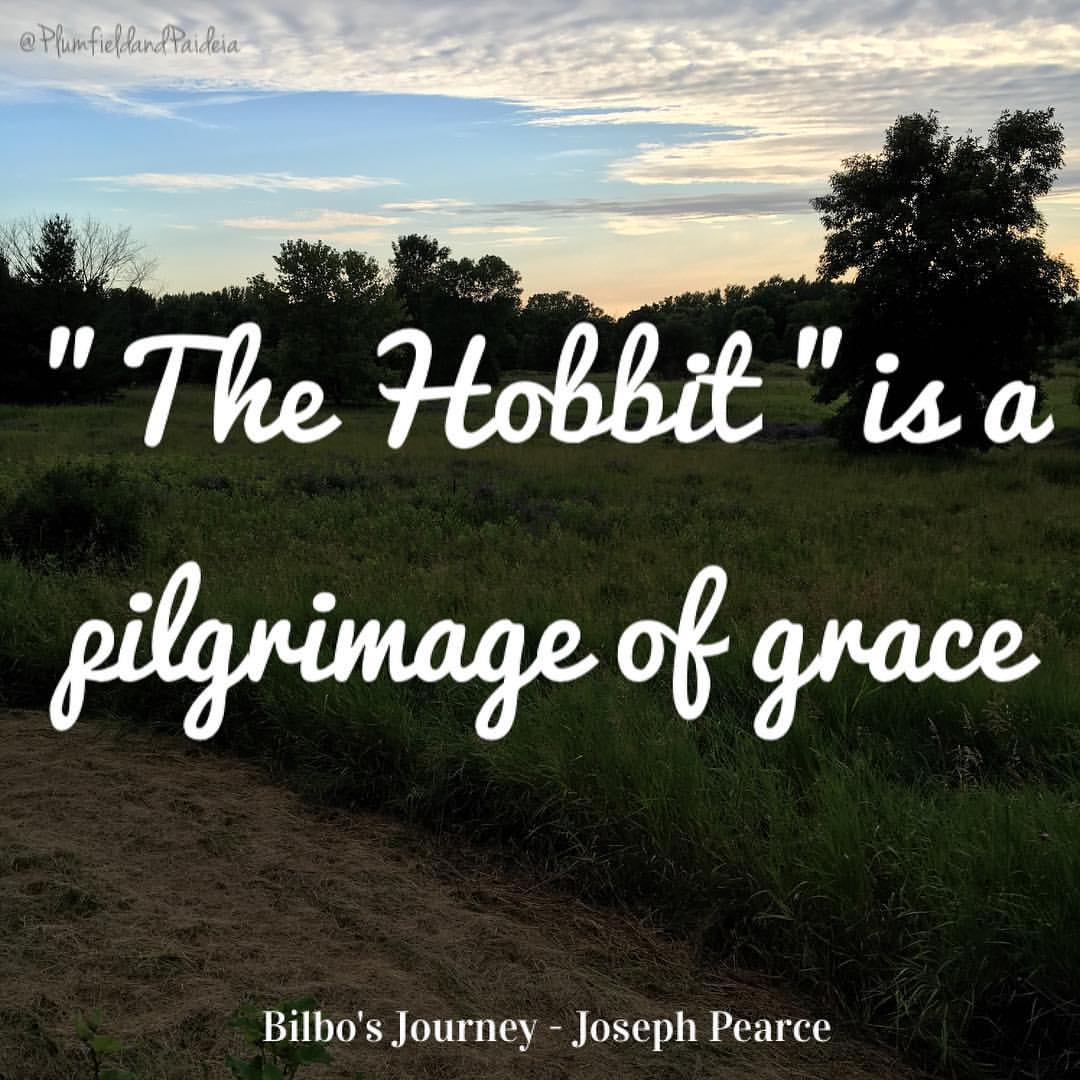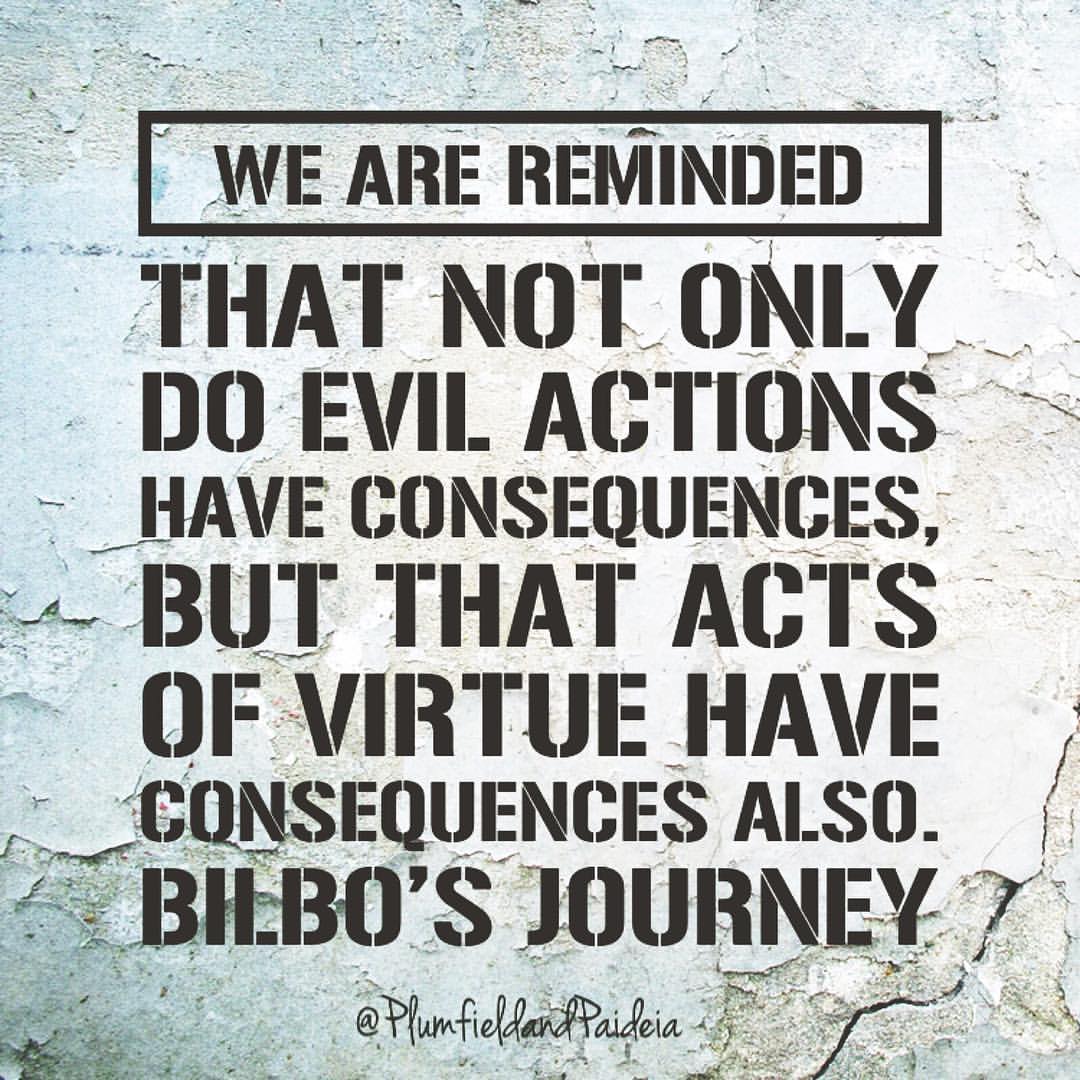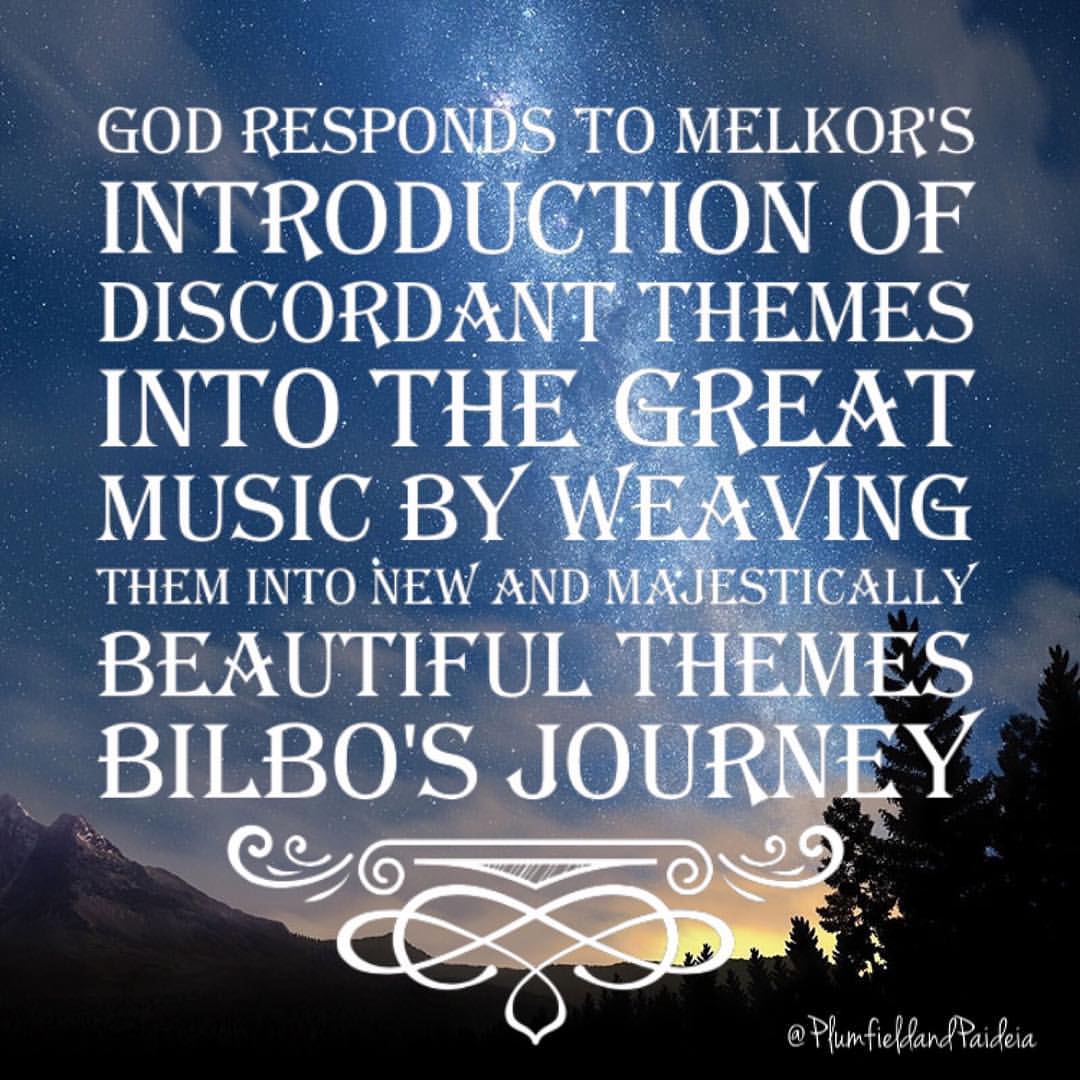I had never heard of Middle Earth, J.R.R. Tolkien, or The Lord of the Rings until I entered my freshman year at Hillsdale College in 1995. The only real fantasy I had read up to that point was the Chronicles of Narnia. I quickly discovered that practically everyone on campus loved The Lord of the Rings, and so not to be left out, I bought a copy of The Hobbit and tried.
And tried.
And failed.
I remember describing The Hobbit to a number of friends as being an endless and depressing journey with creatures that made no sense. I thought that Bilbo, the hero, was totally unlikable. I resented Gandalf for not being more grandfatherly. I could not stand the forest of Mirkwood. Not only was I a Tolkien failure, I was on a mission to prove that Narnia was better.

Over my time at Hillsdale, I did read Tolkien and I continued to hate it. It just felt so dark, so heavy, so depressing, so unnecessarily complicated, and so totally unsatisfying. My dislike of J.R.R. Tolkien spurred me to love, understand, defend, and fully read C.S. Lewis. I was on a mission to defend C.S. Lewis’s genius against the scores of arguments that Narnia was disorganized, simplistic, and for babies.
Over the next 15 years, I would continue to love C.S. Lewis and scorn J.R.R. Tolkien. Everywhere I looked, however, someone else loved Tolkien. Peter Jackson’s movies certainly did much to reinvigorate the defense of Tolkien as the father of fantasy.
I am stubborn, opinionated, often small minded, but I am also intellectually curious. I began to hear that J.R.R. Tolkien was considered a great modern hero of the Roman Catholic Church by many respectable Catholic thinkers. As someone who had returned to the Church after more than a decade as a Protestant, I was curious.

By the grace of God, someone mentioned to me that Peter Kreeft, a modern theologian who many have compared to C.S. Lewis, had written a book on Tolkien’s worldview in Middle Earth. Intrigued, I had it in and out of my shopping cart for many months. It was just expensive enough that I really did not want to get it unless I was committed to reading it. When I did finally get it, I was immediately confronted by the texture and layers in Middle Earth that were so hidden to me as a young reader. As I began to look more carefully into the subject, I discovered Bradley Birzer’s Sanctifying Myth (which I loved) and Joseph Pearce and Bilbo’s Journey.
The Philosophy of Tolkien: The Worldview Behind the Lord of the Rings was excellent, but a bit heady. I love philosophy, and so I appreciated his book. However, I did not walk away from it feeling like I really understood how to read The Lord of the Rings. None the less, I was sufficiently curious to keep looking. After reading Bilbo’s Journey, I had the opposite experience with Joseph Pearce. In fact, while I was reading it, it almost felt too simplistic. Too thin. Two lightweight. Again, my arrogance was at play.

Like a good mentor, Joseph Pearce gives just enough context, spiritual insight, and passion for us to really digest what he thinks is happening in Tolkien’s first offering. He gives us enough examples from the story that we remember the principles he highlighted when we go back to reread The Hobbit.
When I read Bilbo’s Journey, all of my defenses against J.R.R. Tolkien were defeated. Joseph Pearce drew me into the subtext in such a way that I absolutely fell in love with Middle Earth.
I finished Bilbo’s Journey and promptly picked up The Hobbit and read it with brand new eyes. Truly, I had an experience similar to Frodo’s falling off of the path in blindness, being rescued by Sam, and the rope of Galadriel leading Frodo out of darkness and into light. Suddenly, Middle Earth not only made sense to me, but it became one of the most important stories of my story. It helped me understand the writers who would come after him. It helped me to understand the spiritual landscape of our current era. It helps me give a voice to the spiritual war I feel inside myself.
There is no question that J.R.R. Tolkien is an unparalleled genius. But I also think that there is little debate that Joseph Pearce has a unique genius for understanding this master storyteller.

In Bilbo’s Journey, the reader will get an unapologetically and passionately Catholic reading of the The Lord of the Rings. Anyone who reads Bilbo’s Journey fairly will have a hard time denying that that is exactly what Tolkien intended.
I must clarify: we all know that Tolkien despised allegory. Joseph Pearce’s assessment does not suggest that Middle Earth is allegorical. Not at all. This is not a Pilgrim’s Progress of sorts. Pearce’s argument is that J.R.R. Tolkien was telling a story which is unequivocally grounded in Truth and true things. While Middle Earth is contrived, it is the result of subcreation which reveals the glory and honor of the Master Creator from whom all creativity originates.
I own the paperback version, the kindle version, and the audible version. I purchased the kindle version to get the audible version at a discount. At first, I did not care for the Audible reader at all – but not only did he grow on me, but the voices he does for Gandalf and Smaug are also incredible.
I love Frodo’s Journey as well.
Joseph Pearce did a 1 hour video special to go with this book on EWTN. Check it out here.

We Read Aloud throughout our years of homeschooling. So this summer who my son turned 33years old, he planned a Hobbit Birthday Party for 144 friends. I told all my friends ‘this is what happens when you Read Aloud’!!!! I can send pictures……